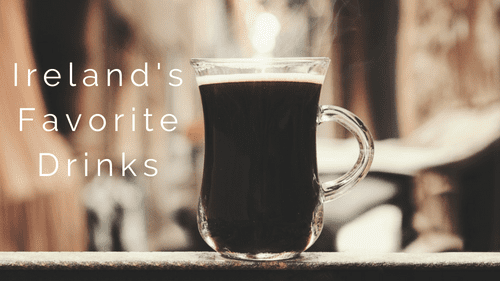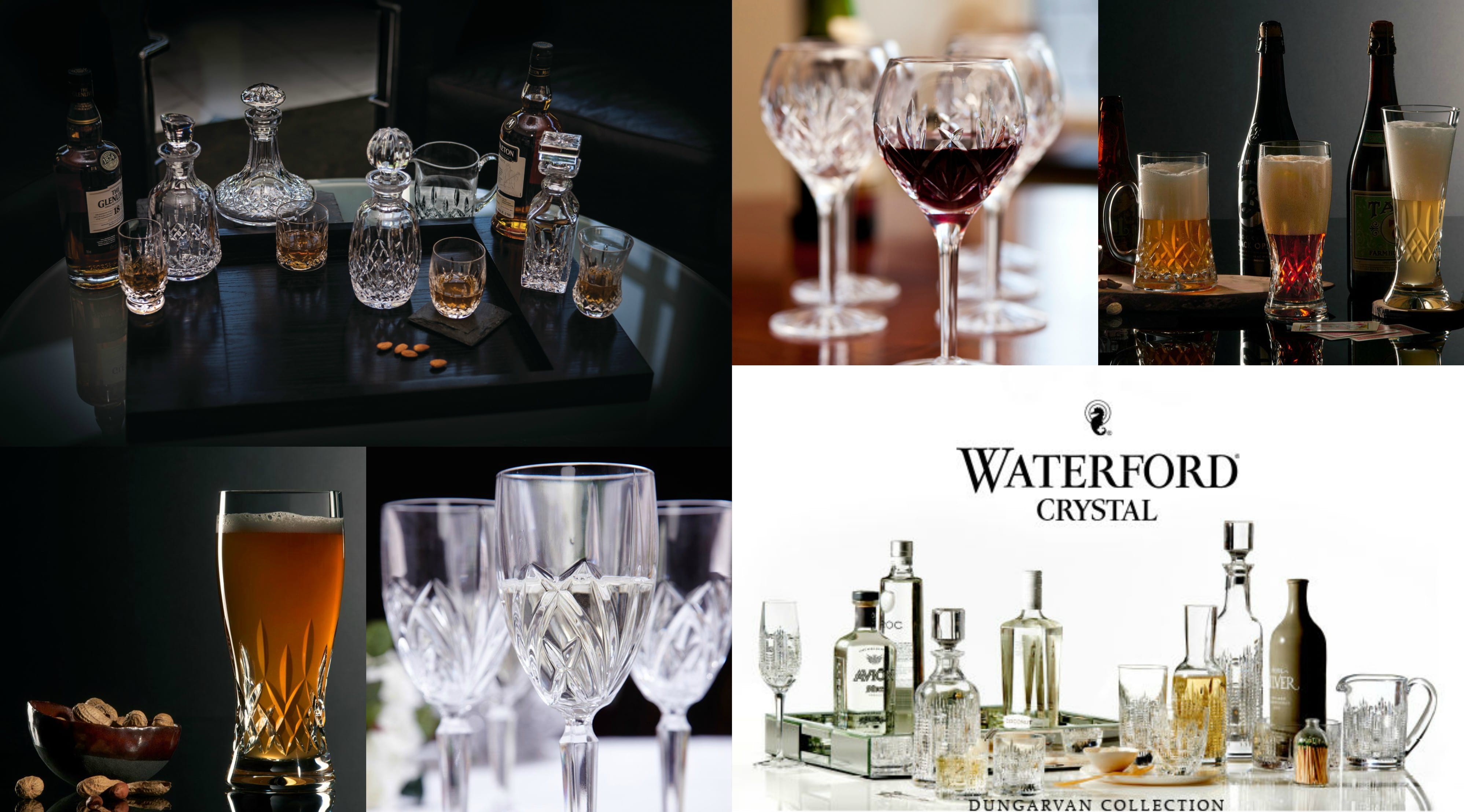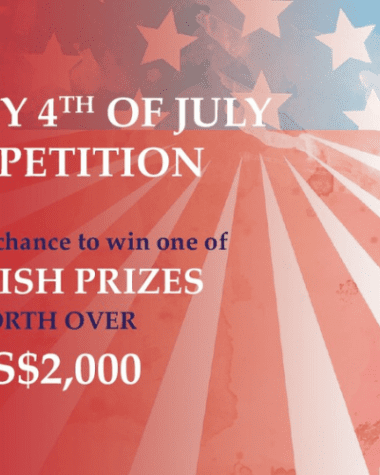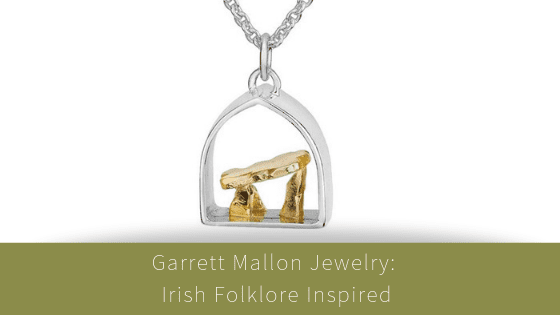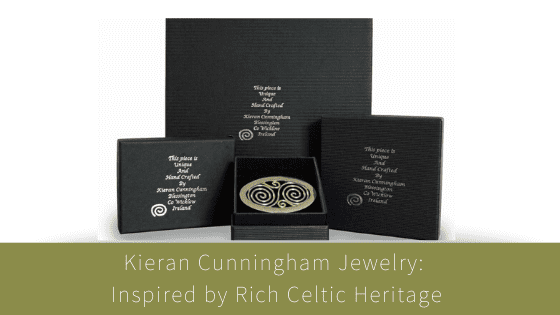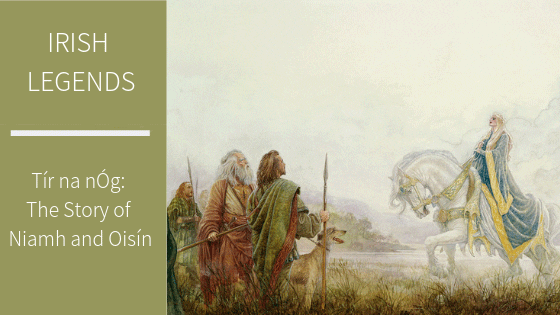Ireland’s world-renowned beverages offer a varied selection for any drinker…
For centuries, Ireland has produced world-renowned beverages, which are distributed throughout the world. A nation famous for Guinness, obsessive tea drinkers and some of the best whiskey on the planet, Ireland’s indigenous beverages offer a varied selection for any drinker.
There is no escaping the impact beverages such as Guinness and Baileys have had on the global market. It is rare to travel any to any location in the world and not be greeted by the familiar sight of an Irish drink. We have even included some of our childhood favorites that we all love to crave!
1. Guinness
Like silk being poured into a glass. The Guinness brand is synonymous with Ireland. In 1759, Arthur Guinness acquired a four acre site and signed a 9,000-year lease for the St. James’ Gate Brewery in Dublin. The brewery became well known for brewing “porter,” which was a dark ale. Over the past 250 years, the dark ale has evolved in to an unique dark stout, which is enjoyed across the globe. According to the company, over 10 million glasses of Guinness are enjoyed daily around the world.
2. Irish Whiskey
Ireland is home to several distilleries, which produce some of the world’s finest whiskeys. Uisce Beatha is the Gaelic term for whiskey and translates to “water of life”. The most common types of whiskey distilled in Ireland include single malt, single grain and blended whiskey. Examples of Irish whiskey include Black Bush, Bushmills, Jameson, Paddy, Powers, and Tullamore Dew to name a few.
3. Irish Coffee
An Irish coffee is a coffee with a kick! This popular after-dinner drink combines coffee, Irish whiskey, sugar and freshly whipped cream. Here is our guide on how to make the perfect Irish Coffee
Ingredients
Half a cup of good quality coffee
1 measure of Irish whiskey
2 spoonfuls of brown sugar
20ml of fresh pouring cream
Method
Put a tea spoon into the glass (best to use a glass with a stem) and pour some boiling water into the glass to warn it up. (the reason you put in the spoon is so that the spoon takes the heat from the water and so the glass will not crack, but be careful!).
Pour the shot of whiskey into the glass.
Pour in the coffee up to within 15mm (1.5cm) from the top.
Put in the two spoons of sugar and stir until all the sugar has dissolved. You will see if the sugar has dissolved by looking at the base of the glass (the sugar ensures that the cream will float).
Place the spoon on to the rim of coffee, face up (ensure that the curved part of the spoon is touching the coffee, touching…not submerged). With the cream in a small jug, pour it onto the spoon. The cream will flow over the edge of the spoon and rest on top of the coffee.
What you should be left with is a glass of black coffee (not cloudy and with no trace of cream) with a white collar about 10mm (1cm) deep.
4. Bulmers Cider
Bulmers original Irish Cider is made in Clonmel, Co. Tipperary. Cider production in the town began when local man William Magner founded the company in 1935. It is more commonly known abroad as Magners Irish Cider. Their tradition of brewing cider has been developed over the past seven decades and continues to be a popular refreshing cider enjoyed around the world. A total of 17 different types of apples are grown in Bulmer’s orchards in Clonmel, Ireland. The refreshing alcoholic cider beverage is most commonly enjoyed over ice.
5. Baileys Irish Cream
R & A Bailey were responsible for inventing the recipe for the Irish liqueur cream that would take the world by storm. In 1974, they combined the Irish tradition of distilling whiskey with another great tradition of dairy farming. Baileys only uses cream from Irish cows in their product. They recipe, which included cocoa nibs, vanilla pods, caramel and sugar combined with whiskey and cream results in Baileys Irish Cream that’s enjoyed the world over.
6. Poitín
This lethal concoction is usually made from remnants of barely or potatoes. Also known as Moonshine, the distillation of the spirit has been banned in Ireland since 1661 because of its high potency. Despite this, many people continue to distill the beverage for personal consumption. Some Irish companies, such as Bunratty Irish Potcheen, distill a beverage which is significantly weaker than the traditional tipple.
Article originally featured in Irish Central you can read the full article here
